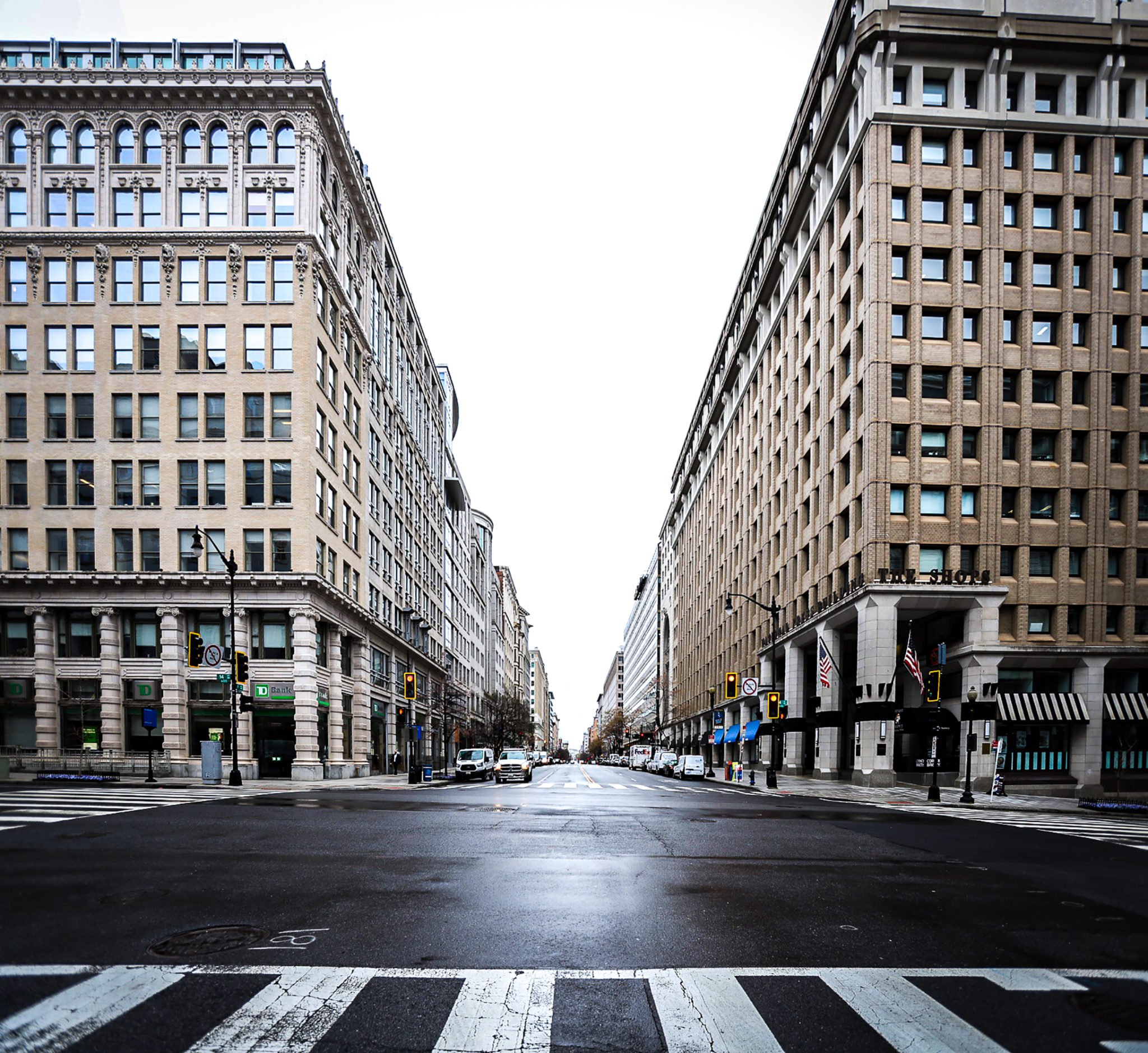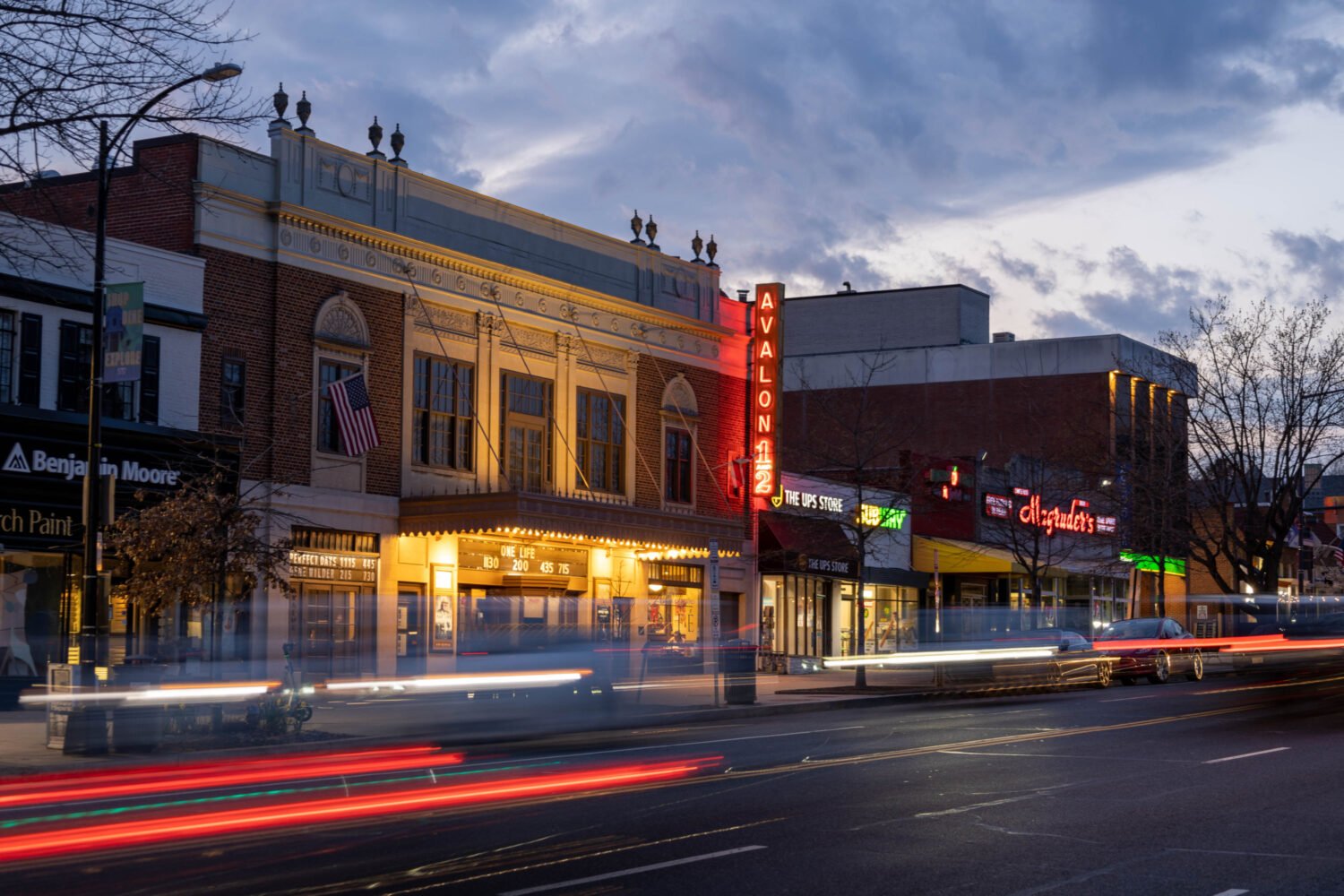The covid crisis is poised to have a lasting impact on the way Washingtonians work, with a new report from the Greater Washington Partnership estimating that the number of remote workers in the DC, Baltimore and Richmond areas could increase as much as five fold over pre-pandemic levels. All told, 18 percent of the workforce in these three regions—or more than a million people—could be working remotely at least a few days a week after the pandemic has passed. Here’s a look at four ways that the future to remote work could impact the DC region.
1.The new normal:
Even those who have the ability to work from home won’t do so every day, the researchers suggest. Instead, they’ll develop a hybrid approach, working certain days of the week in the office, and other days from alternate locations
2.Bad news for Metro:
Still, the researchers estimate that the shift towards more remote work may reduce revenues for transit agencies by as much as five percent. That’s bad news for a Metro system that’s already struggling with the steep ridership declines triggered by the pandemic. The trend could also exacerbate existing budget problems for local governments in the area. “Revenue sources linked to vehicle miles traveled – notably, motor fuel taxes – would also be vulnerable to a decline given a structural shift toward remote work,” the researchers found.
3.Downtown small businesses will suffer:
With fewer days spent at offices in DC’s urban corridors, workers will spend less money on eating, shopping and socializing in the area. “This could disproportionately impact smaller businesses around workplaces, particularly in dining, entertainment and retail, that rely on revenue generated from the increased daytime population of the downtown/ urban core,” the researchers said in their report.
4.Small businesses owned by people of color may be hardest hit:
The researchers suggest that while all small businesses in downtown districts will suffer, those owned by people of color could be impacted most profoundly. “Nearly half of all Latinx-owned and almost 60% of Black-owned small businesses nationally were found to have liquidity concerns in 2019 by the Federal Reserve Bank of Atlanta, as compared with only 31% of all small businesses reporting similar levels of financial distress,” the researchers found.


![Luke 008[2]-1 - Washingtonian](https://www.washingtonian.com/wp-content/uploads/2017/10/Luke-0082-1-e1509126354184.jpg)

















